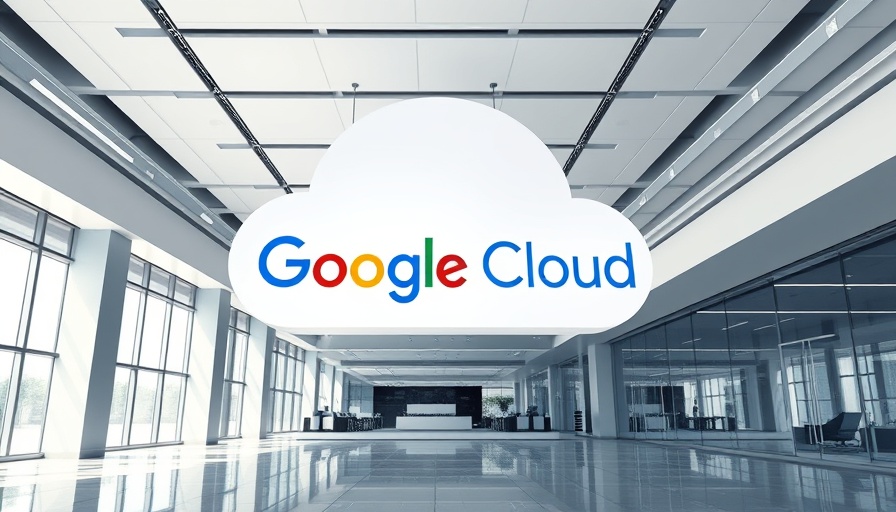
Google Launches Music-Generating AI Model: A Game-Changer for Enterprises
On April 9, 2025, Google unveiled its latest advancements in generative AI technology through its Vertex AI cloud platform. Among these is Lyria, a text-to-music AI model designed to create original music tracks for businesses. This innovation signals a significant shift in how enterprises can utilize AI to meet their content creation needs.
The Power of Lyria: Customizable Music for Commercial Use
Lyria positions itself as a versatile tool for businesses looking to generate unique audio content. Companies can produce tracks in various styles—from classical piano compositions to modern lo-fi beats—tailored to their specific branding needs. This alleviates the reliance on traditional royalty-free music libraries, which often lack customization. As businesses increasingly seek personalized touch in their offerings, Lyria’s ability to generate bespoke musical scores could potentially revolutionize the advertising and media sectors.
Enhanced Features in Google’s Cloud Services
The April rollout didn’t stop at Lyria. Google introduced several enhancements to its Veo 2 video editing model and voice-cloning technology through Chirp 3. With these updates, users can effortlessly edit video content by removing backgrounds, logos, or objects and adjusting frame perspectives. The voice-cloning technology can generate custom voices in multiple languages, enhancing global communication efforts for businesses.
Understanding the Market Dynamics: Google vs. Amazon
In the competitive landscape of generative AI, Google is interjecting its innovations as it faces off against Amazon's Bedrock platform. Both companies are vying for dominance in the enterprise sector, providing cutting-edge solutions that cater to the evolving demands of businesses. Google’s comprehensive suite of AI tools and its commitment to offering safeguards against misuse highlight its strategic initiative to lead the market.
Safeguarding Creativity: Addressing IP Concerns
Despite these advancements, challenges persist relating to intellectual property (IP) rights concerning the training data used for generative models. Google has been criticized for its lack of transparency around the datasets that inform its technologies. This is pertinent as various creators and companies engage in ongoing legal battles regarding the permissions required for utilizing copyrighted material in model training. Google's assurance of indemnity to protect its customers from potential copyright disputes shows an awareness of these issues, aiming to mitigate risks in adopting AI-generated solutions.
The Future of AI in Business: Trends and Opportunities
As generative AI continues to evolve, businesses must stay informed on emerging trends. The integration of AI in creative processes signifies a shift towards automation in content creation, with tools like Lyria and Chirp 3 paving the way for efficiency and innovation. Companies willing to embrace these new technologies may find themselves ahead of the curve, facilitating novel marketing strategies and engagement methods. However, they must also navigate the ethical implications and practicalities of using AI responsibly.
Conclusion: Embrace the AI Revolution
As Google leads the charge in bringing generative AI tools to enterprises, businesses are left with a wealth of opportunities to explore. The launch of Lyria not only highlights the capabilities of AI in music generation but also emphasizes the growing intersection of technology and creativity in the business landscape. Companies that leverage these advancements can expect to enhance their brand presence and operational efficiency in an increasingly digital world.
 Add Row
Add Row  Add
Add 



Write A Comment